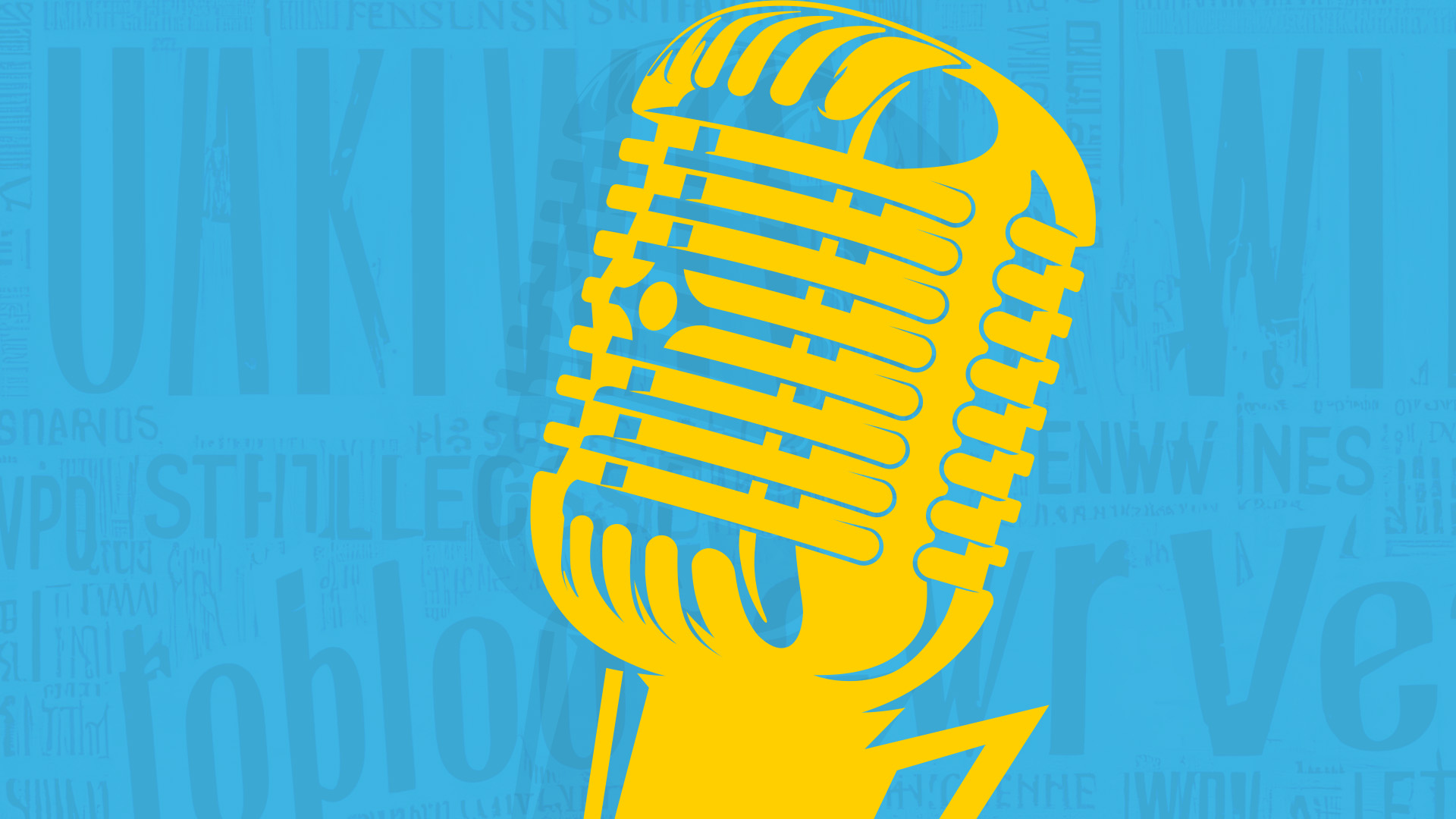The landscape of social media has evolved dramatically over the years, with major platforms such as Facebook, Twitter, and Reddit becoming more stringent on their community guidelines and censorship policies. While many argue that such censorship is necessary for tackling hate speech, misinformation, and online harassment, others contend that it curtails free speech. In the middle of this debate sits Usenet, an older, decentralized online system for discussions. In contrast to mainstream platforms, Usenet offers a high level of anonymity and freedom from censorship. This article explores how Usenet could serve as a future platform for unfiltered discourse, especially as mainstream platforms increasingly clamp down on content.
Usenet vs. Modern Social Media
Before we delve into the subject, let’s briefly describe what Usenet is. Originating in the late 1970s, Usenet is one of the original Internet systems, predating the World Wide Web. It operates as a decentralized network of servers, where users can post articles or messages, organized into newsgroups based on subjects. These messages are then propagated across the network.
Now, let’s compare this to modern social media platforms like Facebook or Twitter, which are centralized, highly controlled environments. Content that violates the rules set by these corporations is routinely removed or flagged, and users who consistently break the rules can be banned from the platform entirely.
Anonymity and Free Speech on Usenet
One of the most striking features of Usenet is its provision for anonymity. On Usenet, you can post messages without revealing your real identity. You don’t have to provide a name, phone number, or any other personally identifiable information when posting. This contrasts sharply with the ‘real name’ policies of Facebook and the verification process of Twitter, which require substantial disclosure of personal information.
The anonymity offered by Usenet is a double-edged sword. While it can be abused for unlawful activities, it also allows for open discourse without fear of social repercussions. This kind of environment can be liberating for those who want to discuss controversial or taboo topics, which would be otherwise silenced or stigmatized on mainstream platforms.
Uncensored Nature of Usenet
The decentralized architecture of Usenet makes it resistant to censorship. Unlike social media platforms where a single entity controls the content, Usenet’s dispersed network of servers makes it incredibly difficult for any one party to dictate what can or cannot be posted. Consequently, discussions on Usenet remain largely unfiltered, offering a space for genuine debates and discussions.
However, it’s worth noting that this lack of censorship does open the door to illegal or harmful content. Without a central authority to enforce rules, there is a greater onus on users and server administrators to self-regulate and report any such content.
Case Studies
Political Discussions
Consider the recent suspension of political figures from mainstream social media platforms for spreading misinformation. Usenet, in contrast, would allow such figures to voice their opinions without fear of removal, granting their followers an unrestricted platform to discuss their views.
Whistleblowers
Usenet can also serve as a platform for whistleblowers. In a world where exposing controversial truths can lead to persecution, the anonymity and uncensored nature of Usenet offer a secure channel for whistleblowers to release information.
Implications for the Future
The increasing polarization and censorship on mainstream social media platforms might drive users towards alternative means of communication. Usenet, with its established framework for anonymous, uncensored discourse, stands as an attractive option.
For an in-depth experience of what Usenet can offer, services like Newsdemon provide easy access to this digital frontier. However, it’s crucial to approach this freedom responsibly and ethically.
As we move further into the age of digital communication, the quest for platforms that allow free, unfiltered dialogue is becoming increasingly important. Usenet, although a relic of the Internet’s early days, holds promise as such a platform, offering a level of anonymity and freedom from censorship that modern platforms can’t match. As mainstream platforms continue to tighten their content policies, Usenet offers a glimpse into an alternative future for online communication—one where users take greater responsibility for moderating their environment, but also enjoy greater freedom of expression.




Recent Comments